This post is the first of a two-part discussion inspired by Saifedean Ammous’ book The Bitcoin Standard (2018). If you haven’t read The Bitcoin Standard, you may be surprised to learn that it’s not primarily about Bitcoin. It’s primarily about something which has been closely associated with Bitcoin from the beginning, namely, the importance of sound money. With that said, I won’t be diving into its primary subject matter straight away. I’ll take up the question of why sound money is important in my second post. Here I’m going to focus on an equally important, logically prior question: what is money? I’m going to explain why this question has the power to change the world.
Ammous has a lot to say about money, but one of the most important themes of The Bitcoin Standard is that, whatever else money is, it’s something with respect to which people should have substantial freedom of choice. Since genuine freedom of choice requires genuine availability of options, Ammous’ attitude is also strongly laissez faire – i.e., let the competition begin, and may the best money win. Despite his strong belief in monetary freedom of choice, Ammous never explicitly advocates for what seems to me like an obvious concomitant: that people have a basic right to choose what form of money they transact in.
I’m going to return to this idea – that we have a right to choose which type or form of money we use – shortly when I propose my own answer to the question of what money is. But first I need to address an obvious complication, which is that belief in monetary freedom of choice goes strongly against the grain of most modern thinking. Politicians and policymakers around the world implicitly assume that, whatever else money is, it’s something which they ought to control.
For ease of discussion, it will help to coin some terms for two opposing schools of thought. Let’s say that anyone who believes that people have a right to choose what form of money they use is a monetary libertarian. Ammous is very likely a monetary libertarian, even if he never quite says so. At the opposite end of the spectrum are those who deny that any such right exists. These are the monetary authoritarians. They would say that a nation’s currency ought to be mandated by its government and overseen by a central authority (e.g., a central bank) whose primary job is to set monetary policy.
Much of The Bitcoin Standard serves as an indictment of monetary authoritarianism. Ammous’ main line of criticism can be summed up in the assertion that monetary authoritarianism has a proven history of eventuating in unmitigated fiscal fusterclucks (e.g., ruinous inflation, boom and bust cycles, defaulting on the national debt, and so on). Although this line of argument has a lot going for it, it also faces one very serious obstacle, which is that true believers will respond that monetary authoritarianism has only ever failed because the wrong people were in charge. “We’ll get it right this time,” the perennial defenders of various isms always say, “Because we’re better and smarter.”
The true believer’s unshakable faith in the benevolence and wisdom of centralized authority is what brings us to my main goal for this post, which is to suggest an alternative strategy for tearing down the structures of monetary authoritarianism. This is also where we circle back to the question which I motivated in an admittedly melodramatic fashion at the outset. For once we have a proper understanding of what money is, we’ll see that people do in fact have a fundamental right to choose their money, a right which precludes the hope that politicians and policymakers will finally “get it right this time”.
If you pick up any introductory textbook on economics or a related field, you’re bound to come across a discussion of the three basic “functions” of money – Ammous even rehearses them in the first chapter of The Bitcoin Standard. This is a very standard way of explaining what money is. But the three basic functions are clearly pointing to something deeper about the fundamental nature of money, which is that money is a tool for solving economic problems.
Many of the problems that money solves are economically fundamental in that solving them is what separates primitive economies from more advanced economies. Instead of using money, primitive economies use the barter system wherein goods are exchanged directly for other goods. The barter system only works on a very small scale and, for this reason, our most fundamental economic problems are also among the most fundamental problems pertaining to the human condition. Simply put, it’s much harder to sustain a growing population on a primitive economy. By allowing humanity to advance in ways that would otherwise be impossible, money solves problems which are endemic to the human condition.
Cutting to the chase, the first main claim I want to make concerns the fundamental nature of money:
(M1) Money is a tool for solving humanity’s most fundamental economic problems, many of which are problems endemic to the human condition.
One basic economic problem is that “wants” do not always coincide. Here’s a concrete illustration. Suppose the cobbler wants some apples but that the apple farmer doesn’t need shoes. In that case, the cobbler will have to arrange a series of trades in order to acquire whatever it is that the apple farmer wants. If the cobbler is lucky, the series of trades will be short. It’s possible the apple farmer wants oranges and the orange farmer happens to need new shoes. But experience teaches that things are rarely ever that simple.
Money solves the cobbler’s problem by serving as a medium of exchange which everyone will accept. Instead of arranging a complex series of trades, the cobbler just sells his shoes and uses the cash to buy some apples. In this way, money greatly simplifies the process of economic exchange, which frees people up to spend less time making trades and more time producing economic goods.
Here are a few more problems that money solves. Suppose the apple farmer wants a new house. One immediate problem is that it will be very difficult to store up a house’s worth of apples. Even if he somehow manages it, another problem is that the apples will rot long before they can be consumed. Money, however, presumably doesn’t rot. This makes it a much better store of value, another of the three basic functions. Instead of trying to save up a mountain of apples, the apple farmer can save up the money he gets from selling his crops. In addition to being a medium of exchange and a store of value, money also functions as a unit of account. Altogether, these constitute the three basic functions of money.
My proposal, then, is that money is ultimately a tool for solving humanity’s most fundamental economic problems. Given that many textbooks already say more or less the same thing, this suggestion shouldn't be too controversial. What will be much more controversial is my claim about the implications for monetary freedom of choice:
(M2) If money is a tool for solving humanity’s most fundamental economic problems, many of which are endemic to the human condition, then people have a right to choose the form or type of money that best solves those problems.
Money is an incredibly powerful economic tool. It is in many ways a prerequisite for the advancement of human civilization. Yet it can only work its magic through those who use it. Monetary authoritarians the world over think of money as just another tool which governments use to manage the lives of their citizens. What they fail to comprehend is that we are the ones who collectively imbue currencies with their transformative power. Money is not a gift which governments graciously bestow upon their subjects. It is a tool empowered by those who use it, the ones who need it to solve their basic economic problems.
Since we are both the source of its power and the end which it serves, we should have the freedom to put our collective agency behind the money of our choosing. We should have the freedom to choose the money that best solves the problems that our money is supposed to solve, namely, our problems.
And if that money happens to be Bitcoin, then we should have the freedom to choose Bitcoin.
[link] [comments]

You can get bonuses upto $100 FREE BONUS when you:
💰 Install these recommended apps:
💲 SocialGood - 100% Crypto Back on Everyday Shopping
💲 xPortal - The DeFi For The Next Billion
💲 CryptoTab Browser - Lightweight, fast, and ready to mine!
💰 Register on these recommended exchanges:
🟡 Binance🟡 Bitfinex🟡 Bitmart🟡 Bittrex🟡 Bitget
🟡 CoinEx🟡 Crypto.com🟡 Gate.io🟡 Huobi🟡 Kucoin.
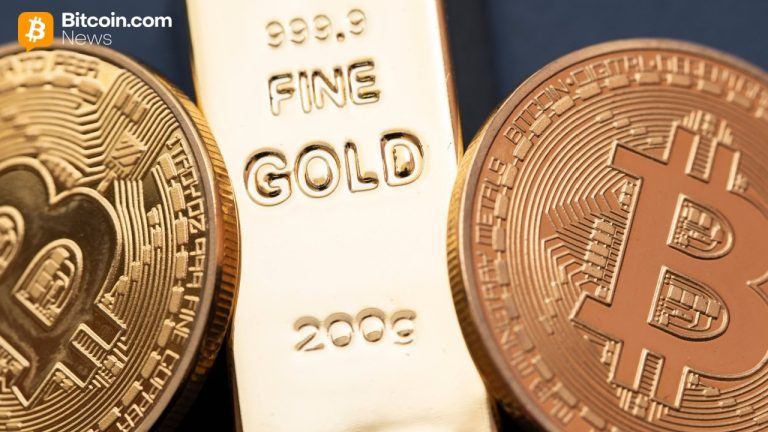
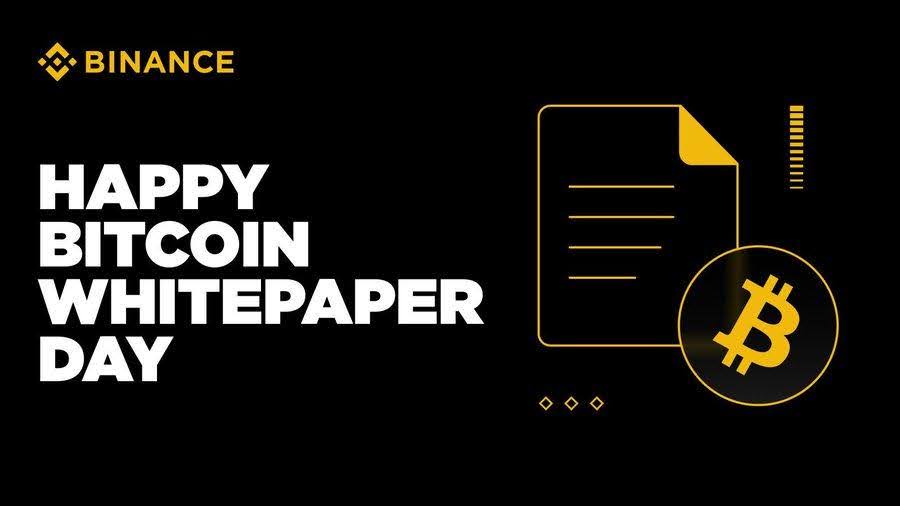
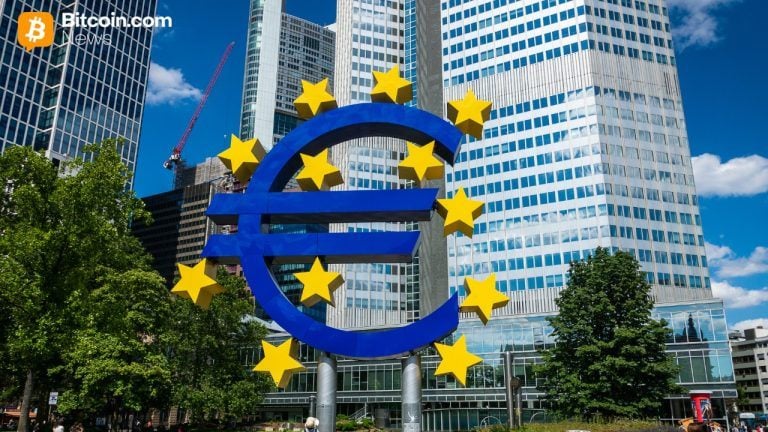



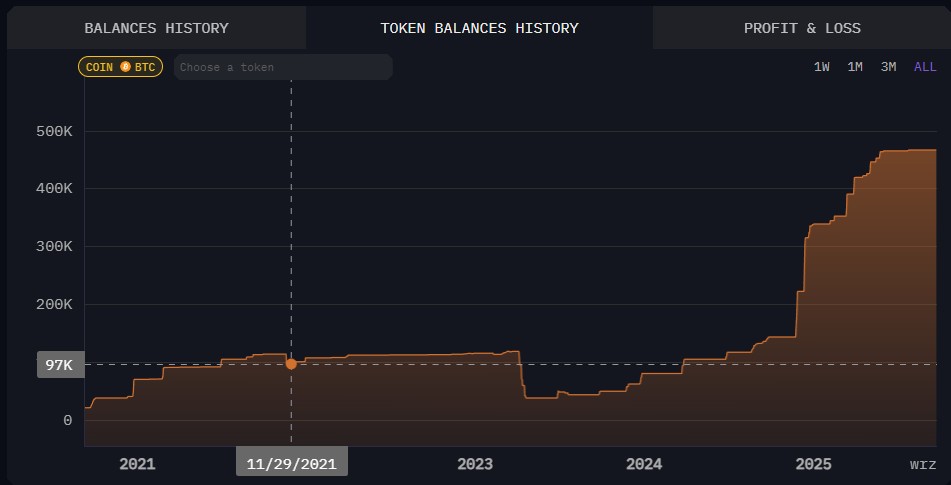
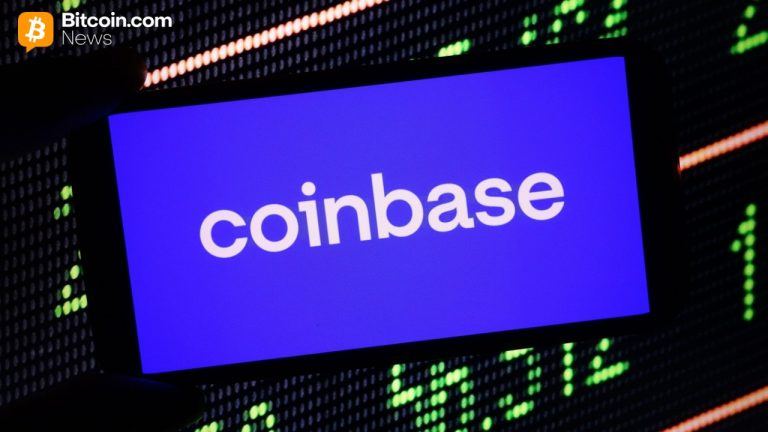
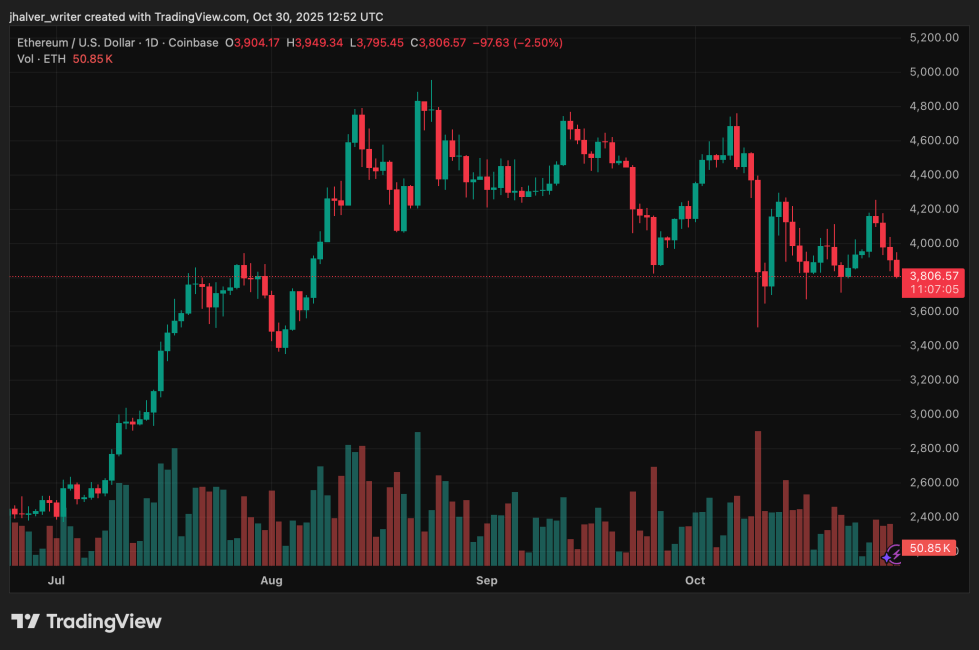
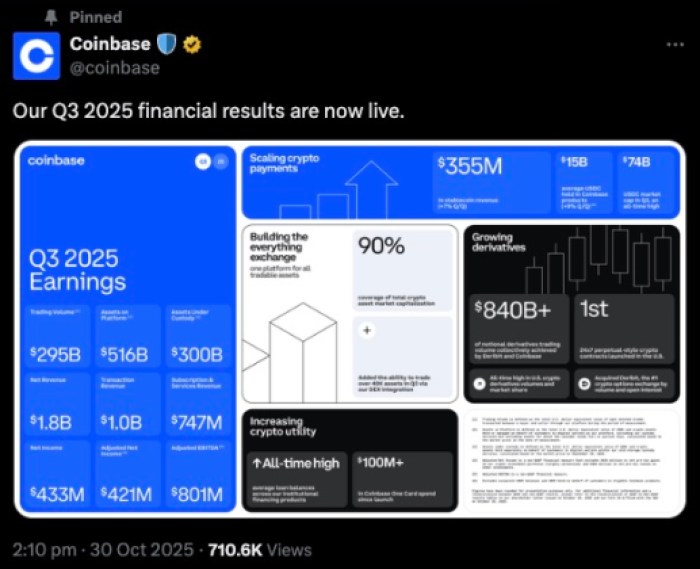



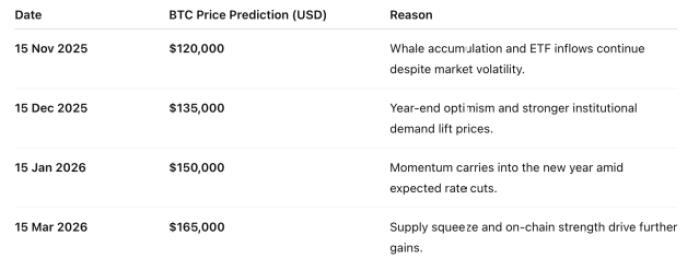
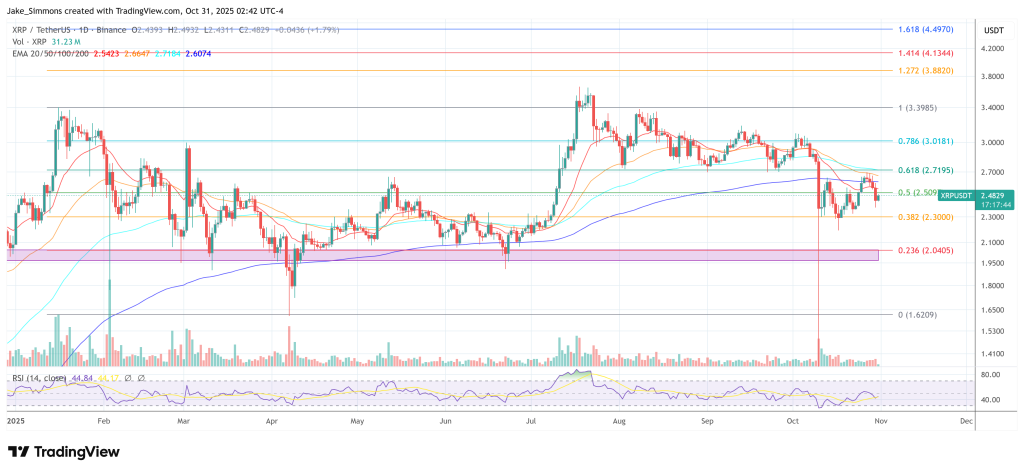

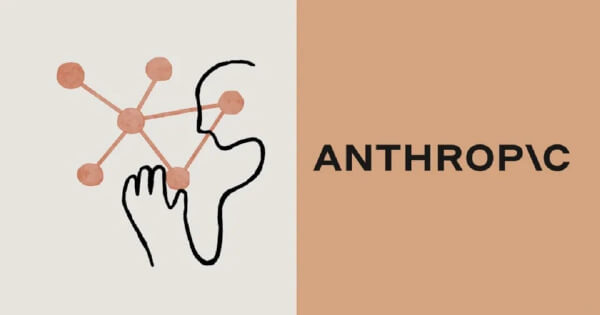
Comments